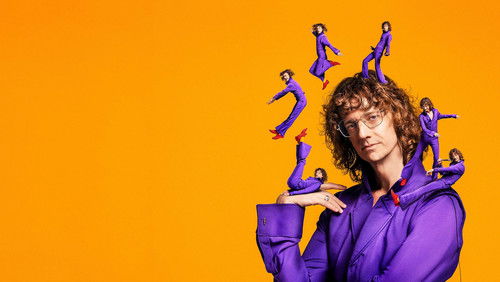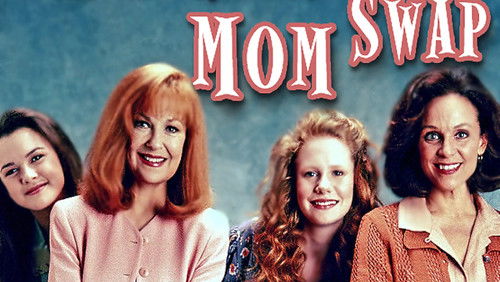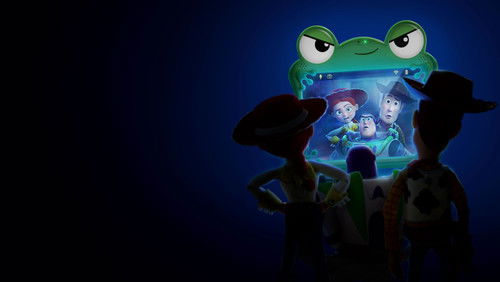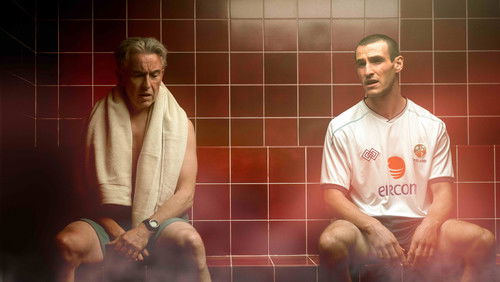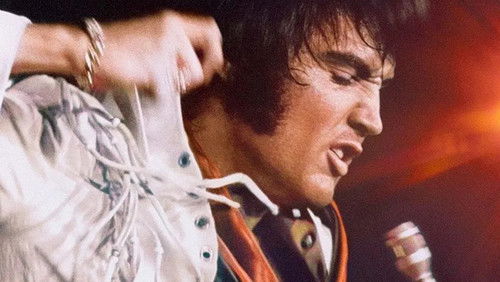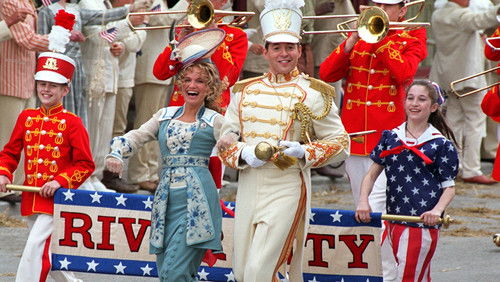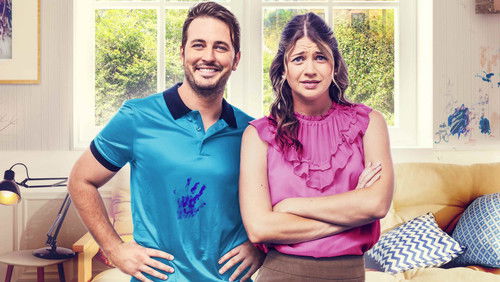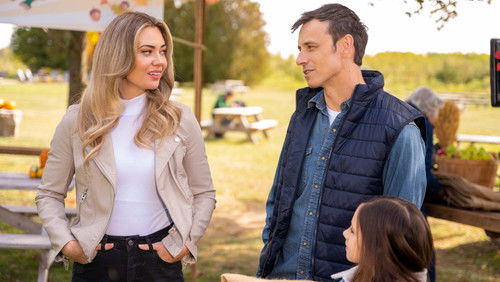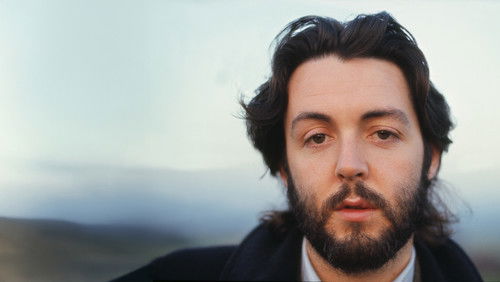Syncopation (1942)
60KSyncopation: Directed by William Dieterle. With Adolphe Menjou, Jackie Cooper, Bonita Granville, George Bancroft. Covering a quarter-century of American ‘syncopated” music (Ragtime, Jazz, Swing, Blues, Boogie Woogie)from prior to WWI through prohibition, the stock-market crash, the depression and the outbreak of WWII. A romance between singer Kit Latimer, from New Orleans, and Johnny Schumacher, in which they share and argue over musical ideas ensues. Prior to the making of the film RKO held a contest for the readers of ‘The Saturday Evening Post” to vote on the musicians to make up the All-American Dance Band featured in the film; the magazine’s readers chose, in the above-the-title listing: Charlie Barnet, Benny Goodman, Harry James, Jack Jenney. Gene Krupa, Alvino Rey, Joe Venuti, and singer Connee Boswell.
“Syncopation (1942) u003cbr/u003eu003cbr/u003e** (out of 4) u003cbr/u003eu003cbr/u003eWell-meaning but ultimately flat tale trying to teach Americans why u0026quot;black musicu0026quot; is so important. Our film follows three people throughout a twenty-plus year period as George Latimer (Adolphe Menjou) sees his daughter (Bonita Granville) want to play music herself and she gets her chance when she meets a young man (Jackie Cooper) who wants to put a band together. This film starts off on a very weird note with the strangest credits Iu0026#39;ve ever seen. We get a quick glimpse of slaves being taken from Africa to America and then we get the credits, which simply introduce the u0026quot;people in front of the camerau0026quot; and then we see another group of names followed by u0026quot;people behind the camera.u0026quot; Why they decided to do this Iu0026#39;m not certain but it was quite strange. SYNCOPATION offers up quite a bit of good including the music, which features Jack Jenney, Joe Venuti, Harry James, Benny Goodman and Charlie Barnet among others. The soundtrack to the film features some popular tunes and these here certainly help keep the viewer interested in everything that is going on. Another plus are the three lead performances, which are all pretty good. I thought Granville and Cooper had some nice chemistry together and even though itu0026#39;s obviously not them playing the instruments, I thought both of them sold it quite well. The biggest problem with this film is that it tries to hard to tell people that Jazz isnu0026#39;t evil. I thought the film was a bit too preachy about it at times and at other times itu0026#39;s almost like the filmmakers are trying to beat the viewer over the head. Another problem is that the story of this couple going through various eras of music just never really works as it just feels forced and thereu0026#39;s not much holding it together. The film certainly means well and itu0026#39;s portrait of blacks is certainly a lot more positive than the majority of films from this period.”
